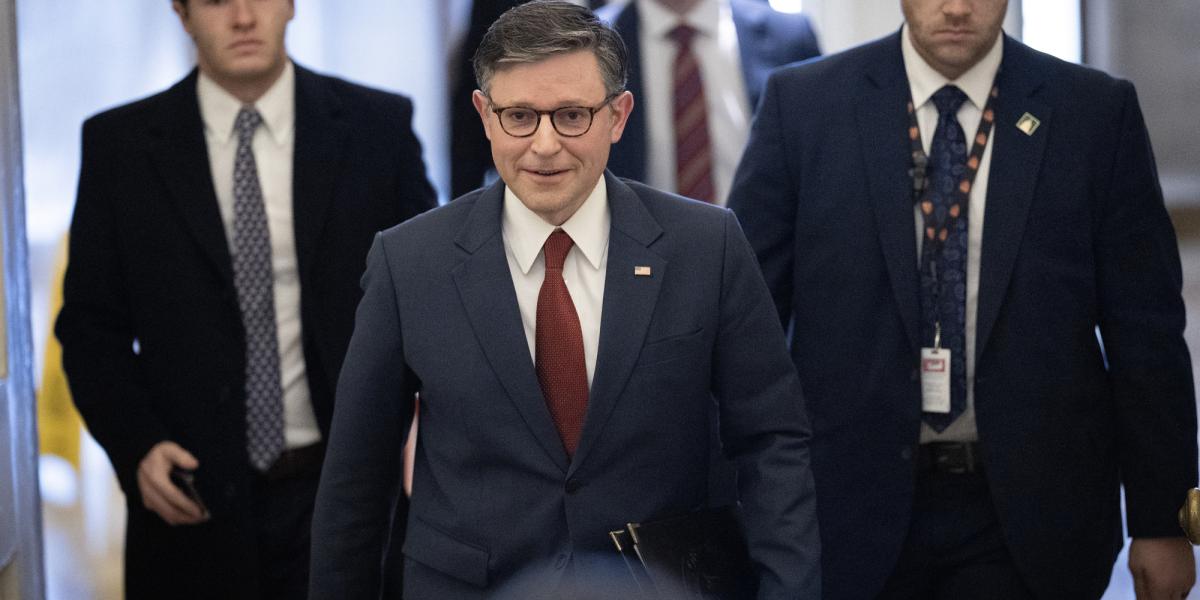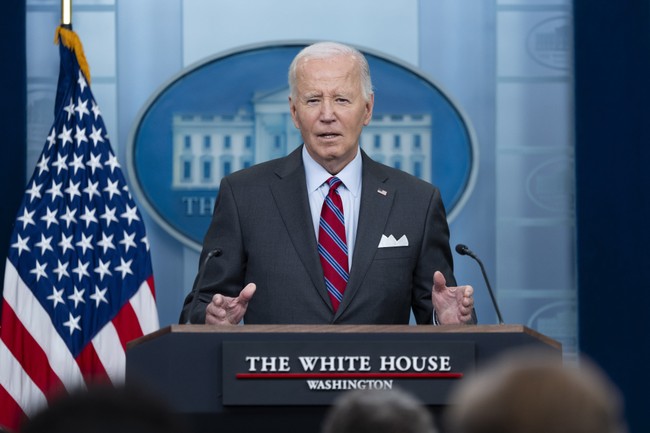Turmoil in Congress: Johnson's Re-election Hangs by a Thread
As Mike Johnson strives to maintain his position as House Speaker, Republican divisions threaten the ambitious agenda set forth by President-elect Donald Trump.
Published January 04, 2025 - 00:01am

Image recovered from eleconomista.com.mx
The recent re-election of Mike Johnson as Speaker of the House starkly highlights the enduring divisions within the Republican Party. Securing 218 votes, the bare minimum required, Johnson's election proceeded only after two Republicans were swayed to change their votes in his favor. This significant event underscored the Republican Party's precarious majority of 219-215 in the House of Representatives.
This challenge for Johnson comes in the context of the ambitious agenda championed by President-elect Donald Trump, which includes significant tax cuts and border control measures. The election outcome signals a critical test not only for Johnson's ability to maintain unity within the party but also for Trump's influence in the Capitol, where dissent among Republicans is increasingly visible.
Johnson's ascent to one of Washington's most powerful legislative roles followed a tumultuous period marked by the ousting of his predecessor, Kevin McCarthy, amid considerable internal party strife. Despite being a consensus choice initially, Johnson's tenure has been anything but smooth, reflecting the broader Republican volatility on issues ranging from fiscal policy to immigration.
The stakes were high as the new Congress convened, underscoring the delicate balance of power. With the slim Republican majority, only a couple of defections could thwart legislative initiatives central to Trump's agenda. A possible failure of Johnson's leadership could impact the congressional certification of Trump's 2024 presidential election victory, particularly if the Speaker of the House role remains unfilled.
Johnson, a conservative Christian lawyer from Louisiana, has become a central figure in navigating this complex political landscape. His leadership effectiveness is in question, especially as internal party debates and external pressures continue to shape legislative priorities. The Republican leadership faces a daunting challenge to harmoniously integrate the disparate factions within their ranks.
One particularly contentious area is Johnson's stance on fiscal policy and border security. In the wake of his re-election, Johnson emphasized swift action on border defense, promising to provide resources for law enforcement against illegal immigration and to resume construction of the border wall with Mexico. He also pledged to address inflation and further Trump's tax cut initiatives, an endeavor supported by the business magnate Elon Musk.
However, the road ahead is fraught with challenges. The divisions within the party became evident when Rep. Thomas Massie vocally opposed Johnson's leadership, resisting support from the Freedom Caucus. This factionalism, coupled with opposition from Democrats, complicates Johnson's legislative strategy.
Further complicating matters, the current political climate is charged with preparations for Trump's triumphant return to the presidency on January 20th. Ensuring a smooth transition of power in such a volatile environment remains paramount. Johnson's role is critical in certifying the election results and facilitating Trump's inauguration, emphasizing the need for decisive leadership and cohesion within the Republican ranks.
As the political drama unfolds in Washington, eyes are fixed on the outcomes of this critical period. Success for Johnson entails rallying Republican support and ensuring that Trump's legislative agenda does not falter before it even begins. Whether the Republicans can bolster internal unity or whether the divisions will deepen poses a significant question for the future of their congressional leadership.
In essence, Mike Johnson's reelection as Speaker of the House not only reflects the internal strife of the Republican Party but also serves as a critical juncture for advancing the legislative agenda endorsed by Donald Trump. Navigating these challenges will likely test the resilience of Republican leaders and shape the legislative landscape as the country gears up for another pivotal political era.






